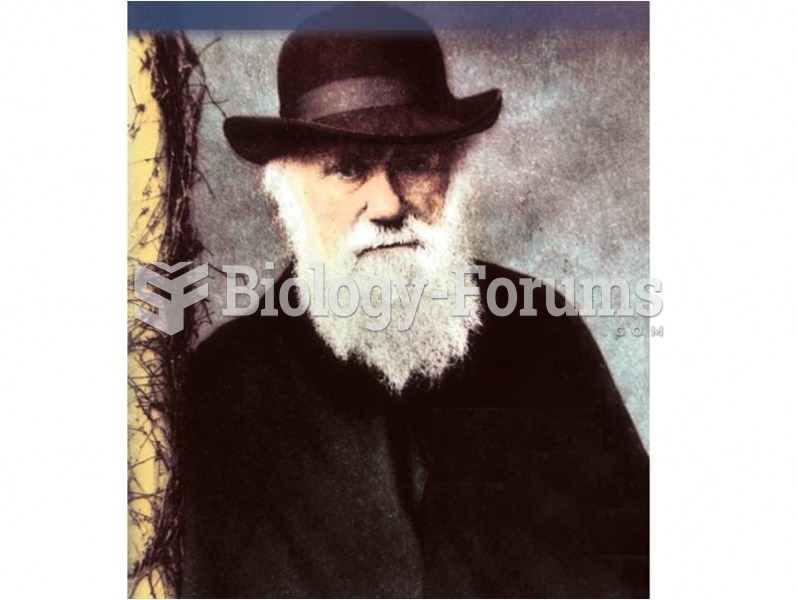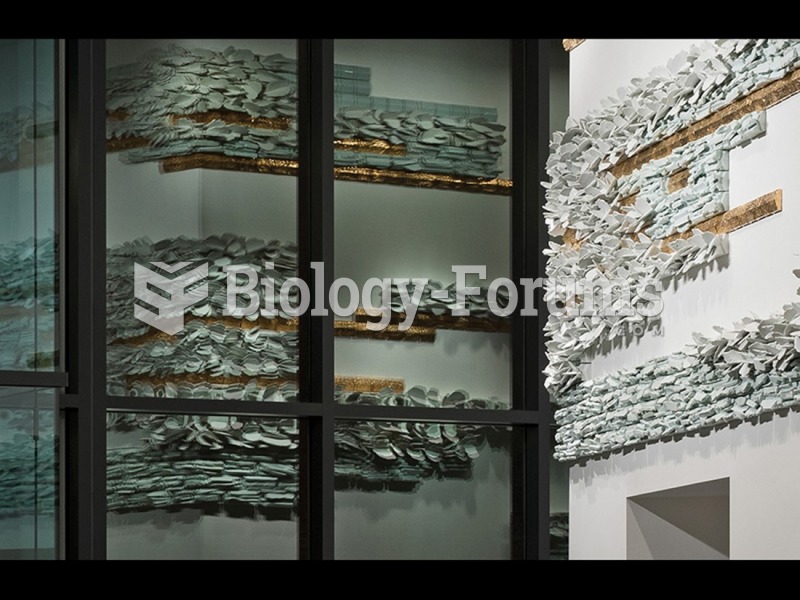Answer to Question 1
Romantic era thinkers built on the philosophic idealism of Immanuel Kant, who exalted the role of the human mind in constructing an idea of the world. German philosophers, especially the idealists, prized the powers of human instinct and viewed nature in deeply subjective terms.
Georg Wilhelm Friedrich Hegel held that the world consists of a single divine nature, which he termed absolute mind or spirit. Spirit and matter obey an evolutionary process impelled by spirit seeking to know its own nature. Hegel stated that enlightenment emerges from a dialectic process in which every condition (or thesis) confronts its opposite condition (or antithesis), which then generates a synthesis. The synthesis in turn produces its opposite, and so on, in a continuing evolution that moves toward the ultimate goal of spiritual freedom. Hegel also advances the idea that the essence of spirit is freedom, which finds its ultimate expression in the nation-state. As individual will harmonizes with universal duty, the resulting synthesis manifests itself in the concrete institutions of the state and its laws. Hegel's view of the state (and the European nation-state in particular) as the last stage in the development of spirit and the Hegelian dialectic in general had considerable influence on late nineteenth-century nationalism, as well as on the economic theories of Karl Marx.
Devoting his life to nature and the study of species, Darwin, building on previous efforts to describe evolutionism, substantiated the theory of evolution by explaining the process by which evolution occurs. Observing the tendency of certain organisms to increase rapidly over time while retaining traits favorable to their survival, he concluded that evolution operates by means of natural selection. Although much has been made about the differences between religion and evolutionism, Darwin's thesis did not deny the idea of a divine creator. But his theory did imply that natural selection, not divine will, governed the evolutionary process. As Copernicus and Galileo had displaced earth from the center of the solar system, Darwin's theory robbed human beings of their preeminence on the planet.
Answer to Question 2
Landscape painting originated as an independent genre not in the West, but in the East, in China, Japan, and other parts of East Asia. In Europe, it was not until the Renaissanceamong such painters as Leonardo da Vinci, Drer, and Brueghel that the natural landscape became a subject in its own right. Rather than realistic depictions of nature, Romantic landscape paintings became a primary vehicle for the expression of an artist's shifting moods and private emotions. Romantic painters would translate their native affection for the countryside into scenes that ranged from the picturesque to the sublime.
English artists, such as John Constable and Joseph Mallord William Turner, took the lead in the genesis of the Romantic landscape. Turner, especially, invested nature with theatrical fervor. Capturing the Romantic essence, Turner's works portrayed natural disasters and catastrophes that expressed the sublime and the terror human beings experience in the face of nature's overpowering forces. French landscape artists offered a bit gentler of an experience. They painted modest landscapes and scenes of rural life; unsentimental views of the local countryside.






